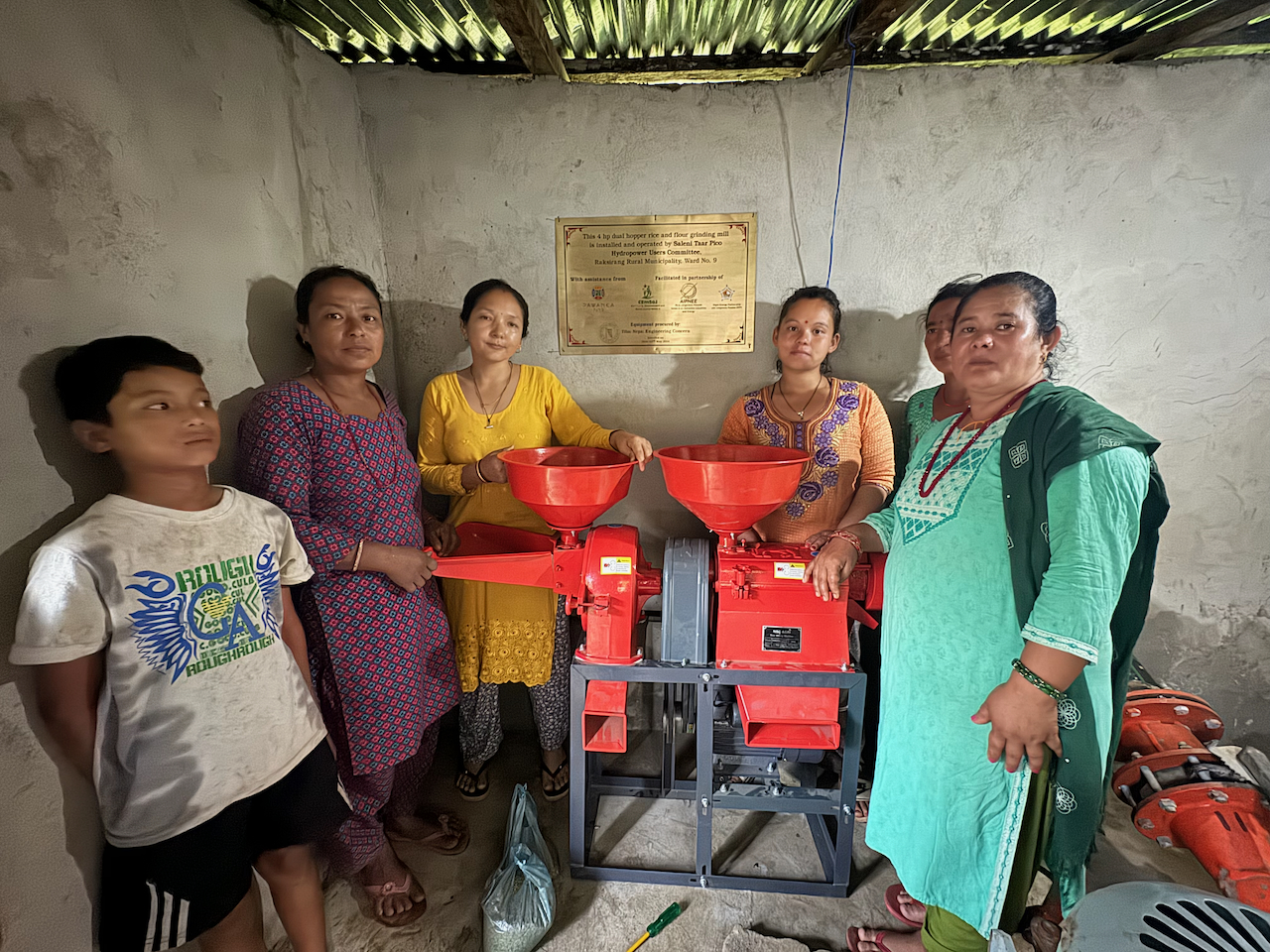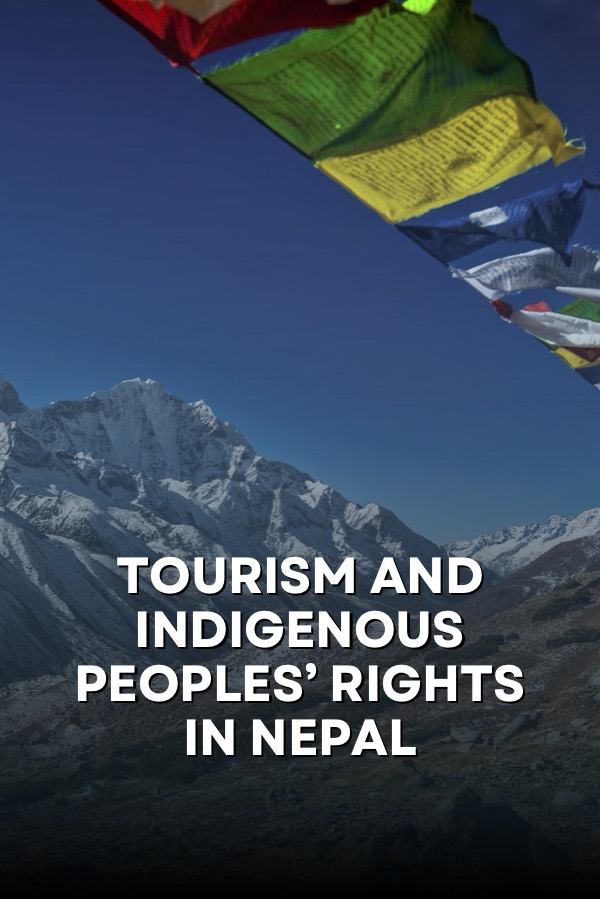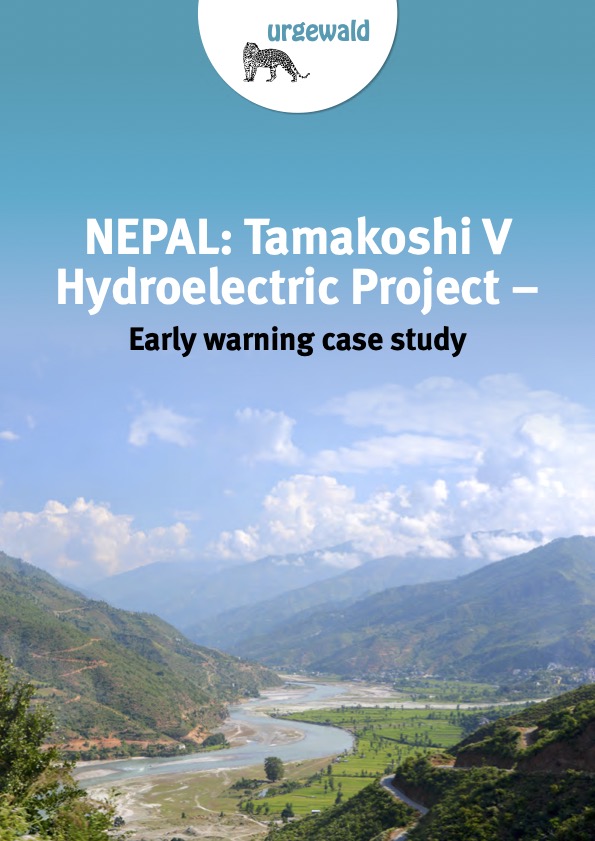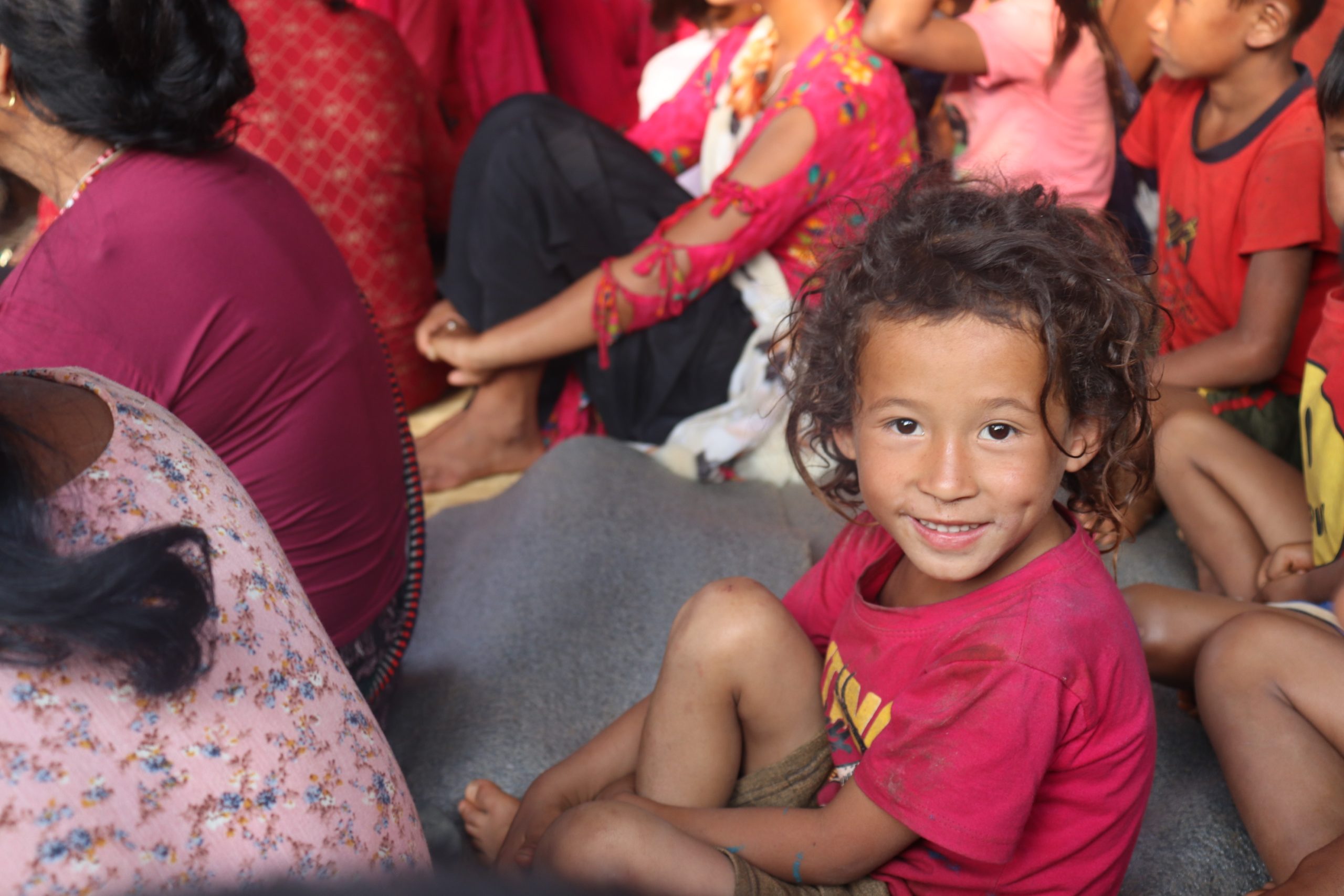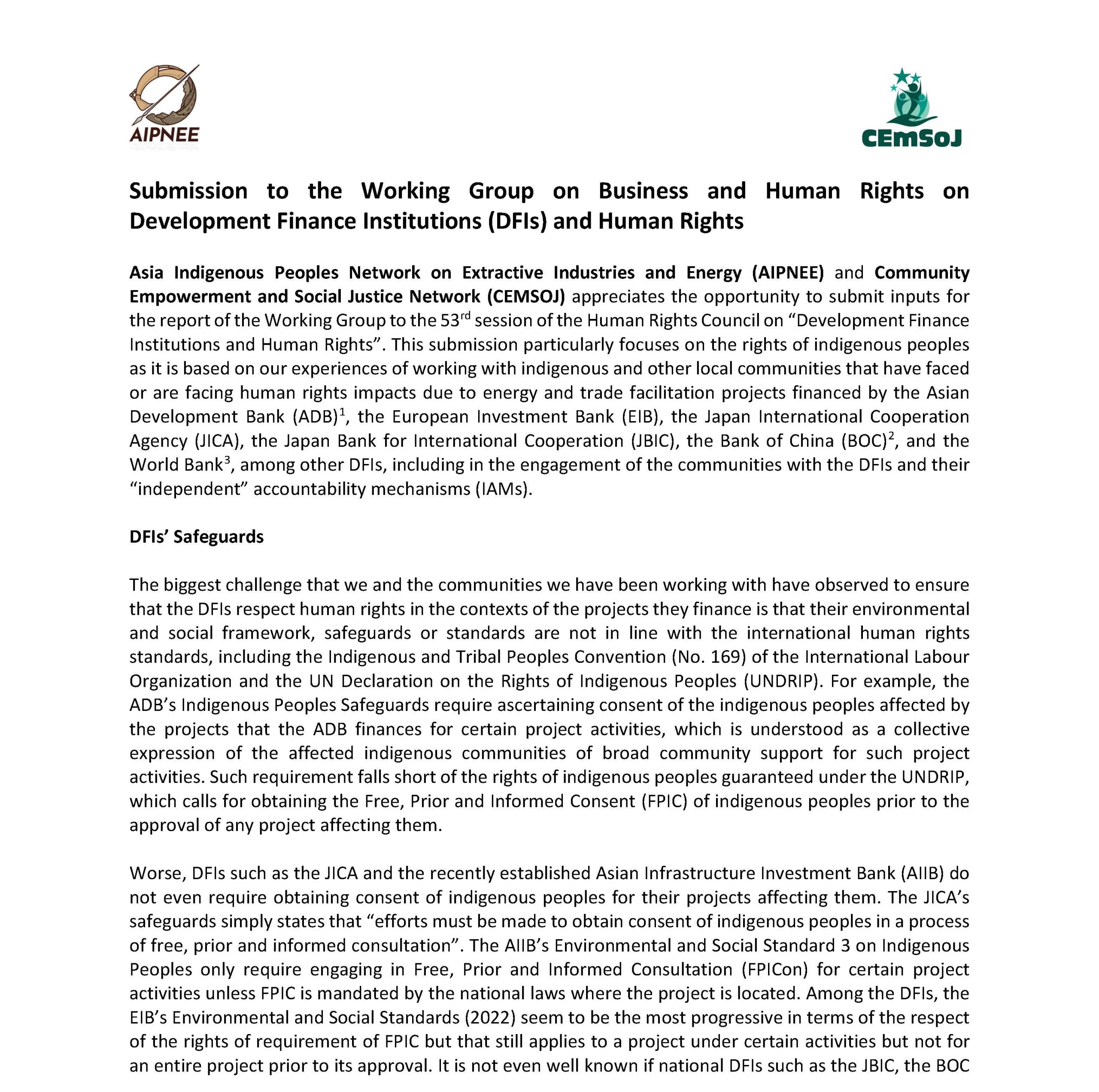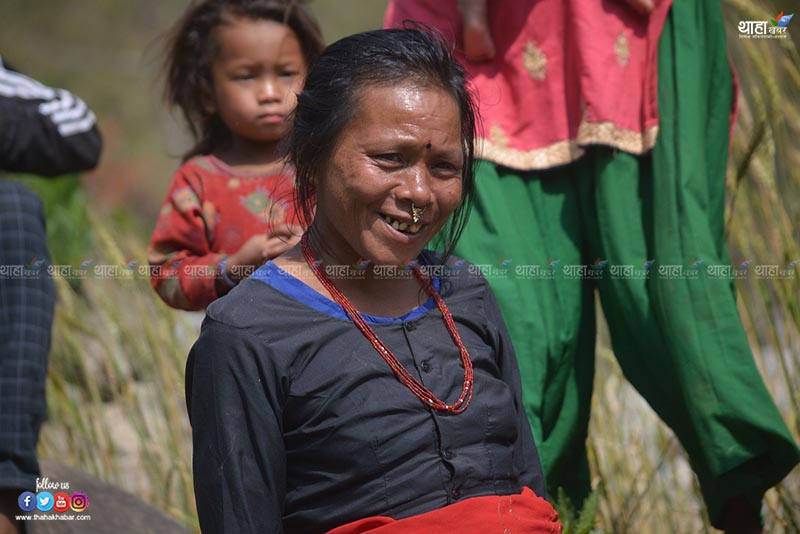On 23 May 2024, CEMSOJ handed over a 4 horsepower dual hopper rice and flour grinding mill to Saleni Taar Pico Hydropower Users Committee for installation at Saleni Taar of Raksirang Rural Municipality, Ward no. 9 in Makwanpur district in southern Nepal.
In response to the request of the Committee, the mill is specifically aimed for socio-economic empowerment of the Indigenous Tamang and Chepang women from among the beneficiary families of the 6 kW pico hydropower plant that CEMSOJ had supported the Committee to set up and operate since last year by using the electricity from the plant not used during the daytime. The Committee has gradually increased its users from 35 to 48 over the year.
more “Rice and flour grinding mill handed over for women’s empowerment at Saleni Taar of Raksirang, Makwanpur”